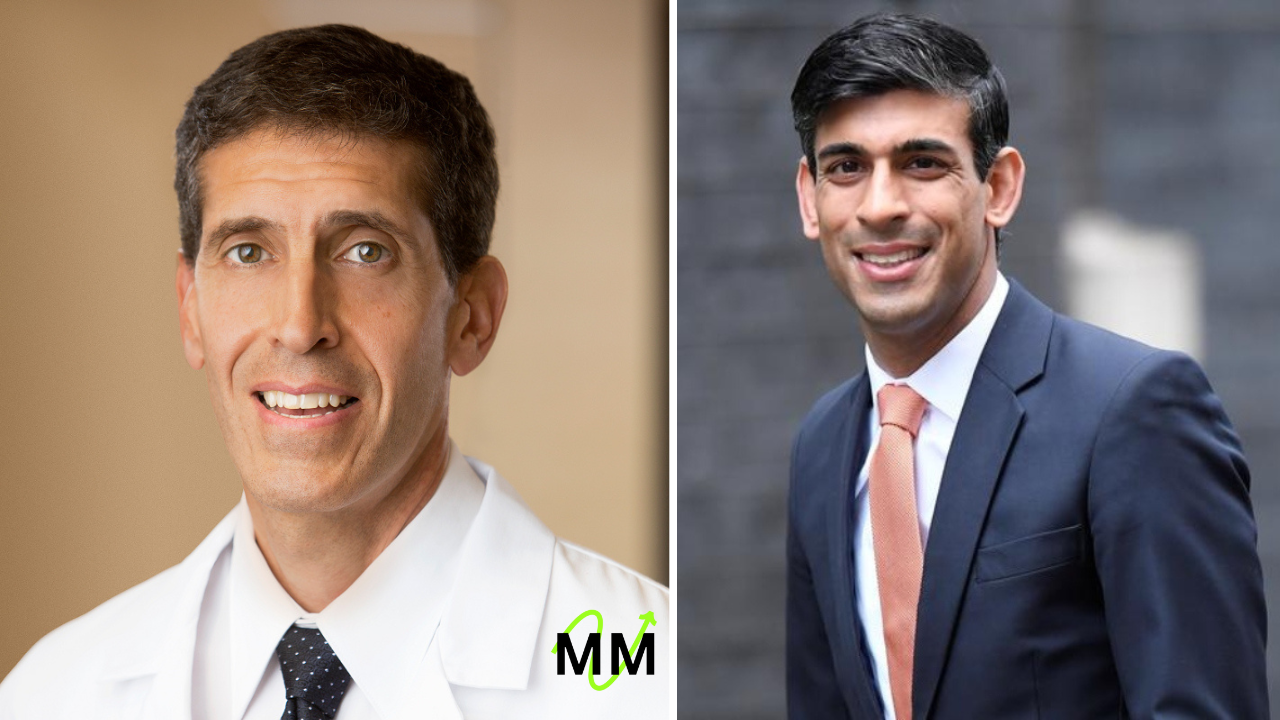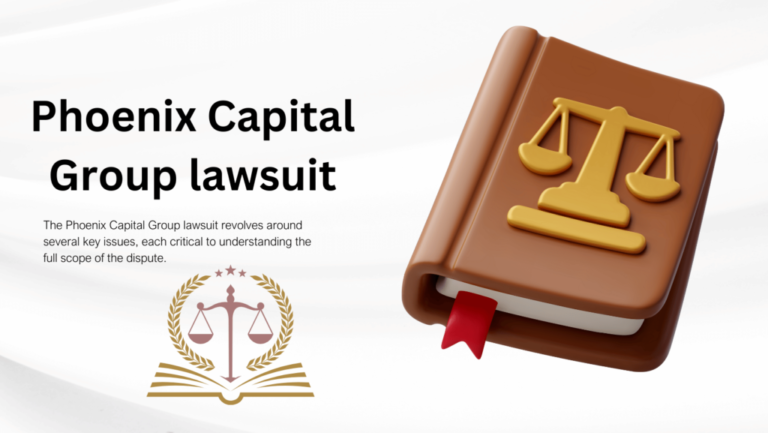Reputation on the Line: A Closer Look at the Paul MacKoul MD Lawsuit

In recent years, gynecologic surgeon Dr. Paul MacKoul has been entangled in a legal battle that has put his reputation and career on the line. The Paul MacKoul MD lawsuit has raised questions about medical malpractice, patient care, and professional conduct in minimally invasive surgery. As with any legal dispute, it is essential to delve into the case’s specifics to understand its implications fully.
Understanding the Allegations
The allegations against Dr. Paul MacKoul carry significant weight, encompassing issues from medical malpractice to concerns over how patients were treated and his professional behavior. These accusations are grave in minimally invasive gynecologic surgery, where Dr. MacKoul has specialized and built his reputation. The nature of the claims suggests lapses in the expected standard of care and ethical practices, casting a pall over his credibility and the trust patients place in him.
Although the specifics may vary based on the sources consulted, the essence of the allegations points to potential failings in both surgical outcomes and the ethical obligations inherent to the medical profession. Such accusations imply that, beyond the immediate health impacts on the patients involved, there may have been breaches of the fundamental duty of care expected of all healthcare providers.
These are grave considerations in any medical discipline but are especially pertinent in specialized surgical practices with high risks and expectations. The repercussions of these allegations extend beyond Dr. MacKoul’s personal and professional sphere, touching on broader concerns about patient safety, adherence to medical ethics, and the standards all medical professionals hold.
The Impact of Legal Disputes on Medical Careers
Navigating through legal disputes can profoundly affect a physician’s career trajectory and standing within the medical community. For Dr. Paul MacKoul, the lawsuit underscores the potential professional hazards of legal challenges in healthcare. These disputes can tarnish a doctor’s reputation, making it difficult to retain and attract patients who may now view the physician with skepticism or doubt. Furthermore, such legal entanglements can strain relationships with peers and colleagues, who might become wary of associating professionally with individuals under legal scrutiny.
The implications extend into the practical aspects of running a medical practice. Litigation could skyrocket insurance premiums, and securing hospital privileges might become more challenging if a lawsuit questions a doctor’s competence or ethics. Additionally, the emotional and financial toll of defending against legal accusations cannot be understated. It demands significant resources and attention, diverting focus from patient care and potentially leading to burnout or even a decision to leave the profession altogether.
In the broader sense, legal disputes highlight the importance of adhering to rigorous patient care and documentation standards. They are a stark reminder of the need for continuous professional development and adherence to ethical guidelines to mitigate risks. For doctors like Dr. MacKoul, navigating these legal waters is not just about defending one’s reputation but also about affirming a commitment to the highest standards of medical practice and patient safety.
Dr. MacKoul’s Response and Defense Strategy
In facing the allegations brought forth in the lawsuit, Dr. Paul MacKoul has actively formulated a robust defense to address the claims against him. With the assistance of a legal team, Dr. MacKoul is focusing on presenting evidence and testimonies that underscore his adherence to medical protocols and the high standard of care he provides to his patients. Central to his defense is the aim to demonstrate a commitment to the ethical practice of medicine, underscoring the rigorous training and continuous learning he undertakes to maintain his expertise in minimally invasive gynecologic surgery.
To counter the accusations, Dr. MacKoul’s strategy includes compiling detailed patient records, surgical outcomes, and peer reviews that illustrate the quality and safety of his care. He also plans to highlight the advanced techniques and technologies he employs in his procedures, designed to minimize risk and improve patient recovery times.
Moreover, Dr. MacKoul intends to engage with the broader medical community and his patient base to communicate his ongoing dedication to their wellbeing. This includes direct communication and participation in forums and conferences where he can further establish his credibility and the trustworthiness of his practice.
Through these measures, Dr. MacKoul is not merely addressing the legal challenge at hand but is also reinforcing his professional identity as a surgeon committed to excellence in patient care. His proactive approach to navigating the lawsuit reflects a broader effort to affirm the values of transparency and responsibility that define his medical career.
Read More
Lessons Learned and Moving Forward
The situation surrounding Dr. Paul MacKoul underscores the critical need for vigilance in the medical profession regarding patient care, ethics, and adherence to best practices. It illuminates that no practitioner is immune to the scrutiny that comes with allegations of malpractice or professional misconduct. This case acts as a crucial case study for medical professionals everywhere, emphasizing the significance of maintaining and continually elevating standards of practice to prevent such legal challenges.
For healthcare providers, it becomes imperative to engage in reflective practice, constantly assessing and improving one’s methodologies and patient interactions. This includes keeping abreast of the latest medical science and technology developments and ensuring that patient care is effective and empathetic. Effective communication with patients, transparent operations, and rigorous documentation of patient care and outcomes are non-negotiable elements in mitigating the risk of legal entanglements and preserving society’s trust in physicians.
Moreover, this case highlights the importance of a proactive approach in managing professional reputation and legal risks. Investing in comprehensive malpractice insurance, seeking continuous professional development opportunities, and fostering open dialogues with legal counsel and medical peers can provide an essential support network and defense mechanism against potential legal challenges.
In conclusion, Dr. MacKoul’s legal ordeal is a poignant reminder for medical professionals to commit unwaveringly to excellence, integrity, and transparency. This commitment is paramount to navigating current challenges, advancing the field, and ensuring the trust and safety of patients in the future.






